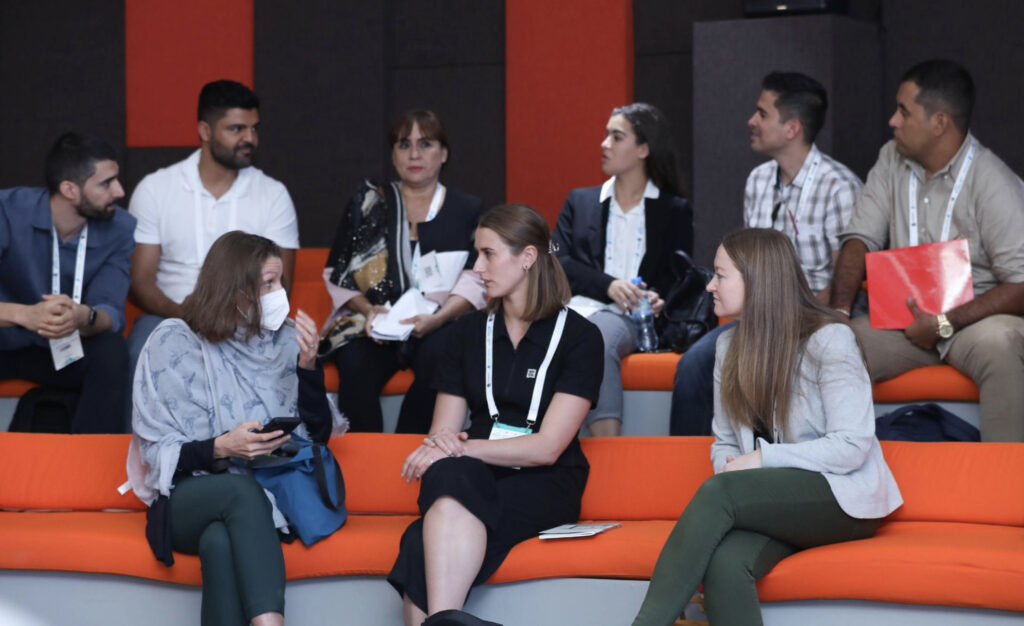The ISPAH Early Career Network (ECN) is a network of self-defined “early career” researchers and practitioners. The aim of the network is to foster the interaction, capacity and growth of early career professionals in physical activity and public health.
Our main objectives are to:
-
Facilitate connections between early career ISPAH members with opportunities to collaborate and network
-
Build capacity and key skills (e.g. in research methods, policy engagement and career development) among early career ISPAH members through interactive capacity building sessions and conference activities
-
Enable informal mentoring and peer support for early career ISPAH members through connections with other ECN members and leaders in the field of physical activity and public health
-
Enable ISPAH ECN members to share their research by regularly profiling our members on the ISPAH newsletter and webpages
-
Organise meaningful networking, education and mentoring events at major international conferences.
Early Career Network Knowledge Translation Fund

The Early Career Network is proud to announce a grant scheme to support ISPAH early career professionals with knowledge translation (KT) projects.
It’s important that valuable research on physical activity is available to those who can put the information into practice. KT can bridge the research-practice gap.
Early career professionals may lack the skills, support or funding to fully engage with relevant media technology, professional services, or training. Therefore, ISPAH Early Career Network is providing small grants to early career members to fund KT activities.
KT plays a key role in the Global Action Plan on Physical Activity (GAPPA), which advocates translating and presenting evidence urgently. We hope that extra financial support will help Early Career Professionals work towards GAPPA’s objectives. We have previously published a commentary paper on the role of Early Career Professionals with the GAPPA.
The grant scheme will fund KT for physical activity projects and the call for applications will close 23 November 2020. For example, funds could be used for:
- Courses to learn skills that will allow the researcher to translate research into different formats, e.g., videos, blog posts, podcasts, or infographics.
- Professional graphic design services or software (e.g., Vyond, Piktochart, etc.)
- Language translation
- Any other activity that promotes KT (e.g., co-creation design processes, stakeholder engagement meetings, etc.)
Although KT can be used to disseminate research at academic conferences, funds will not be awarded for activities related to conference attendance such as travel, poster printing, and registration etc.
Three awards of a maximum of $250 (USD) are available. Funding is available for projects which fulfil the following criteria.
Mandatory criteria:
- Research is related to physical activity
- Applicant fits ‘early career’ definition. We define early career researcher as someone actively involved in research (authored or co-authored at least one published academic paper in the last 3 years), and who is 7 years or less (full time equivalent) since the completion of a PhD. Please note applicants do not have to hold a PhD.
- Applicant is an ISPAH member (To check your ISPAH membership status sign in to the website or contact info@ispah.org)
- Proposed project involves ‘knowledge translation’ of the applicant’s research (including co-authored work)
- Applicant has clearly stated in the application form (linked below) how funding will be spent
Desirable criteria:
- Preference will be given to end-stage research rather than early-stage research such as pilot studies.
- Identify how the KT relates to ISPAH goals, the GAPPA, and/or ‘down the track’ impact.
Applications will open on 26th October – apply here!
If you have any questions about the application procedure or the small grants, please contact ispahearlycareer@gmail.com.
Governance Committee
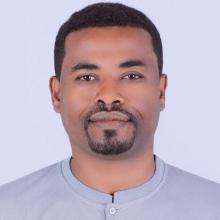
Chalchisa Abdeta Tugu
AFRO Regional Representative

Edtna Jauregui
PAHO Regional Representative
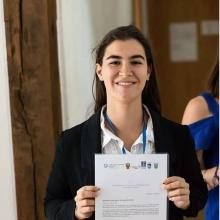
Julissa Ortiz Brunel
Communications Officer

Claudia Maddren
WPRO Representative
Kim Straun
ECN Chair
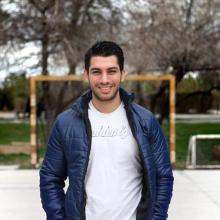
Günay Yıldızer
EMRO Representative
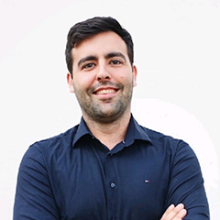
Ruben Viegas
Project Officer
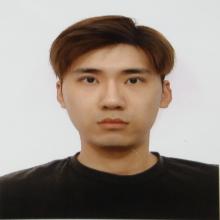
Zhen Yang
Secretariat
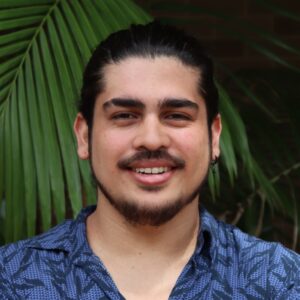
Marcelo Toledo-Vargas
Network Member

Sarah Edney
SEARO regional representative
ECN Member Highlight
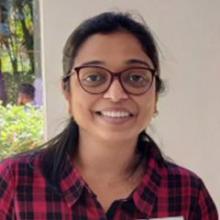
Radhika Jadhav
PHD student
Acharya’s NR Institute of Physiotherapy
View Details

Ilaria Pina
PhD student
University of Stirling
View Details
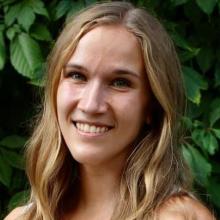
Brianne Bruijns
PhD Student
Western University
View Details

Nobuaki Tottori
Lecturer
Hyogo University of Teacher Education
View Details

Chalchisa Abdeta Tugu
PhD candidate
University of Wollongong, Australia
View Details

Aubree Worobetz
Final Year Graduate-Entry Medical Student
University of Limerick
View Details

Kwok Ng
Postdoctoral Researcher
University of Eastern Finland (UEF) & University of Limerick (UL)
View Details

Marcelo Toledo-Vargas
PhD Candidate
University of Wollongong
View Details
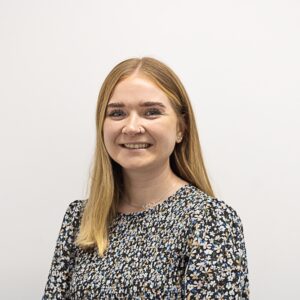
Allie Welsh
Senior Lecturer in Physical Activity and Health
Leeds Beckett University
View Details
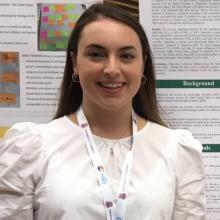
Chloe Forte
PhD student
University of Limerick
View Details

Jean Coelho
Doctoral student and technical advisor
University of São Paulo and Ministry of Health
View Details
Apply to be featured within our Member Highlight
Ways to get Involved
The network is free to join as an ‘early career’ ISPAH member. New and renewing members can select to join the ISPAH ECN during the membership registration process.
Addressing Mental Health and Wellbeing for Early Career Professionals
Click on the button below to view 9 tips from Dr Catherine Draper (University of Witwatersrand) and Ben Higgs (Rise Foundation).
Webinars
Click to View Tips
